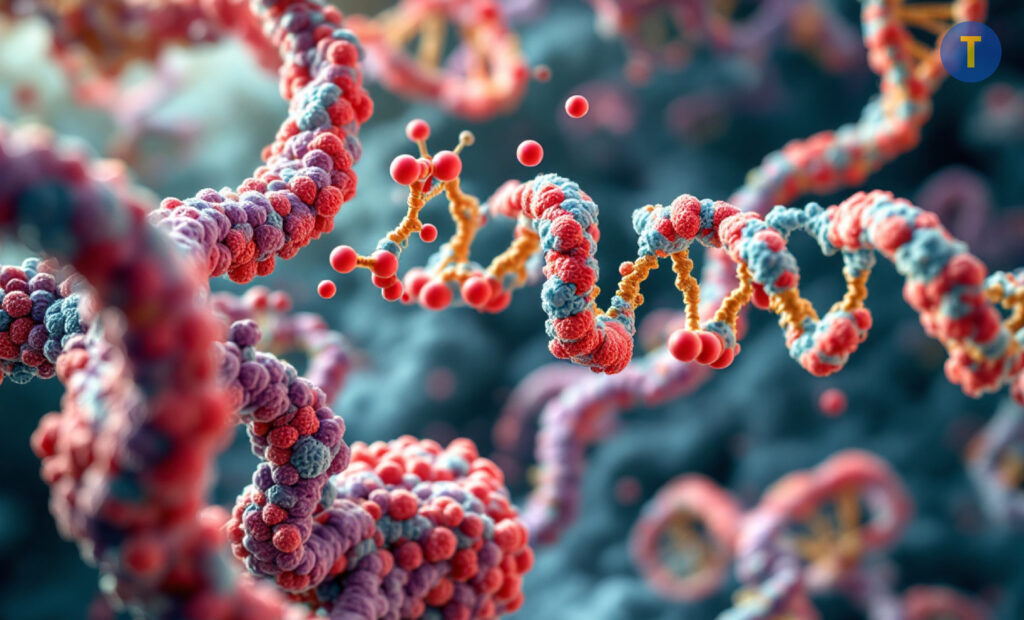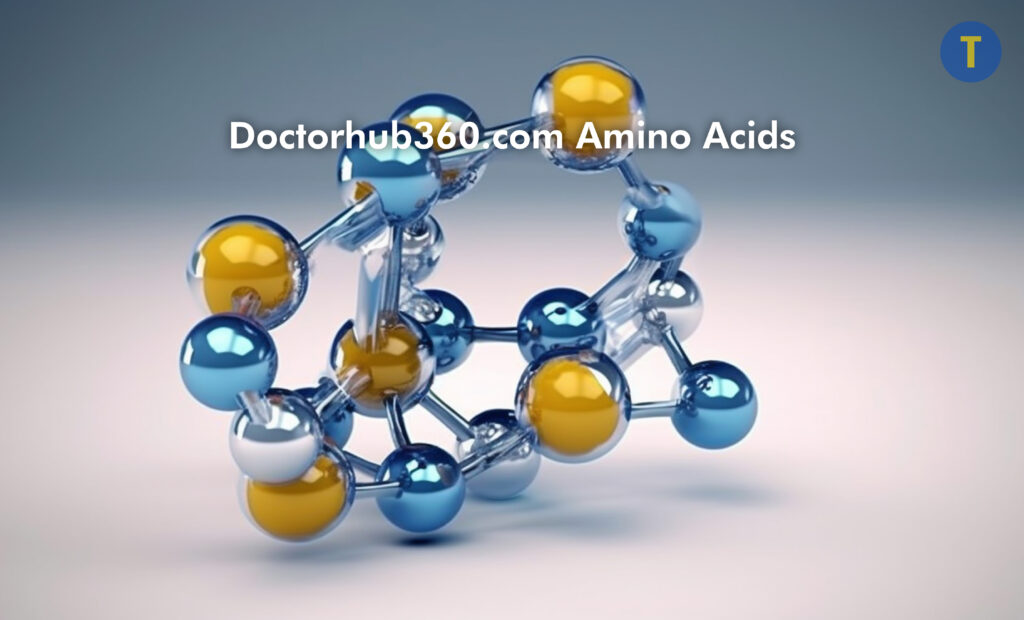Amino acids are the building blocks of proteins, essential for nearly every biological function in the human body. They play a crucial role in muscle growth, tissue repair, enzyme production, and neurotransmitter function. Each amino acid consists of a basic structure containing an amino group (-NH2), a carboxyl group (-COOH), and a unique side chain that determines its function. The human body relies on amino acids to maintain cellular processes, support metabolic functions, and promote overall health. Without adequate amino acids, essential bodily functions such as immune response, digestion, and brain function could suffer, leading to deficiencies and health issues.
Table of Contents
Types of Amino Acids
Amino acids are classified into three main categories: essential, non-essential, and conditional amino acids. Essential amino acids, including leucine, lysine, and tryptophan, must be obtained from food since the body cannot synthesize them. Non-essential amino acids, such as alanine and glutamine, are naturally produced by the body. Conditional amino acids, like arginine and cysteine, are usually not required in the diet but become necessary during periods of stress, illness, or rapid growth. Each type plays a specific role in bodily functions, from muscle repair and immune support to hormone production and nerve function.
Functions and Benefits of Amino Acids
Amino acids are vital for human health, contributing to muscle protein synthesis, energy production, and mental well-being. They help in the creation of enzymes, hormones, and neurotransmitters like serotonin and dopamine, which regulate mood and cognitive functions. Athletes and fitness enthusiasts benefit from amino acids for muscle recovery, endurance, and strength building. Additionally, amino acids support healthy skin, hair, and nails by contributing to collagen production. Research suggests that branched-chain amino acids (BCAAs) may help reduce fatigue and muscle soreness, making them popular among athletes. Amino acids also play a role in immune system support, helping the body defend against infections and illnesses.

Dietary Sources of Amino Acids
Amino acids are primarily obtained through protein-rich foods, which are categorized into animal-based and plant-based sources. Animal-based sources like meat, eggs, dairy, and fish contain all essential amino acids, making them complete proteins. Plant-based sources such as legumes, quinoa, nuts, and soy products offer amino acids but may lack one or more essential types, requiring combinations like rice and beans to form a complete protein profile. A balanced diet that includes diverse protein sources ensures the body gets the necessary amino acids for optimal health, muscle growth, and cellular repair.
Amino Acid Supplements: Insights from DoctorHub360.com
For individuals who struggle to meet their amino acid needs through diet alone, supplements can be a valuable addition. DoctorHub360.com offers high-quality amino acid supplements designed to support muscle recovery, energy levels, and overall wellness. These supplements come in various forms, including capsules, powders, and liquid formulations, catering to different preferences and lifestyles. Many athletes and individuals with dietary restrictions, medical conditions, or high physical demands turn to amino acid supplements to bridge nutritional gaps. While supplementation can be beneficial, it is essential to follow recommended dosages and consult a healthcare provider to avoid imbalances or potential side effects.

Conclusion
Amino acids are essential for overall health, muscle growth, metabolism, and brain function. Whether obtained from food or supplements, ensuring an adequate intake of amino acids is crucial for optimal performance, recovery, and well-being. DoctorHub360.com provides high-quality amino acid supplements to support various health needs, making it easier for individuals to maintain a balanced diet. By understanding the importance of amino acids, their sources, and their benefits, you can make informed choices to enhance your nutrition and overall health.
READ MORE : SomeBoringSite.com: A Deep Dive into Its Unique Appeal
5 Short Frequently Asked Questions About Amino Acids
- What happens if I don’t get enough amino acids?
- A deficiency can lead to muscle loss, fatigue, weakened immunity, and slow recovery from injuries.
- Can I get all essential amino acids from plants?
- Yes, but you need to combine plant-based proteins like rice and beans to get a complete amino acid profile.
- Are amino acid supplements safe?
- Generally, they are safe when taken within recommended limits, but excessive intake can strain the kidneys.
- Do amino acids help with weight loss?
- Some amino acids, like leucine and carnitine, may aid in fat metabolism and muscle preservation.
- When is the best time to take amino acid supplements?
- Before or after workouts for muscle recovery or between meals to support metabolism.

